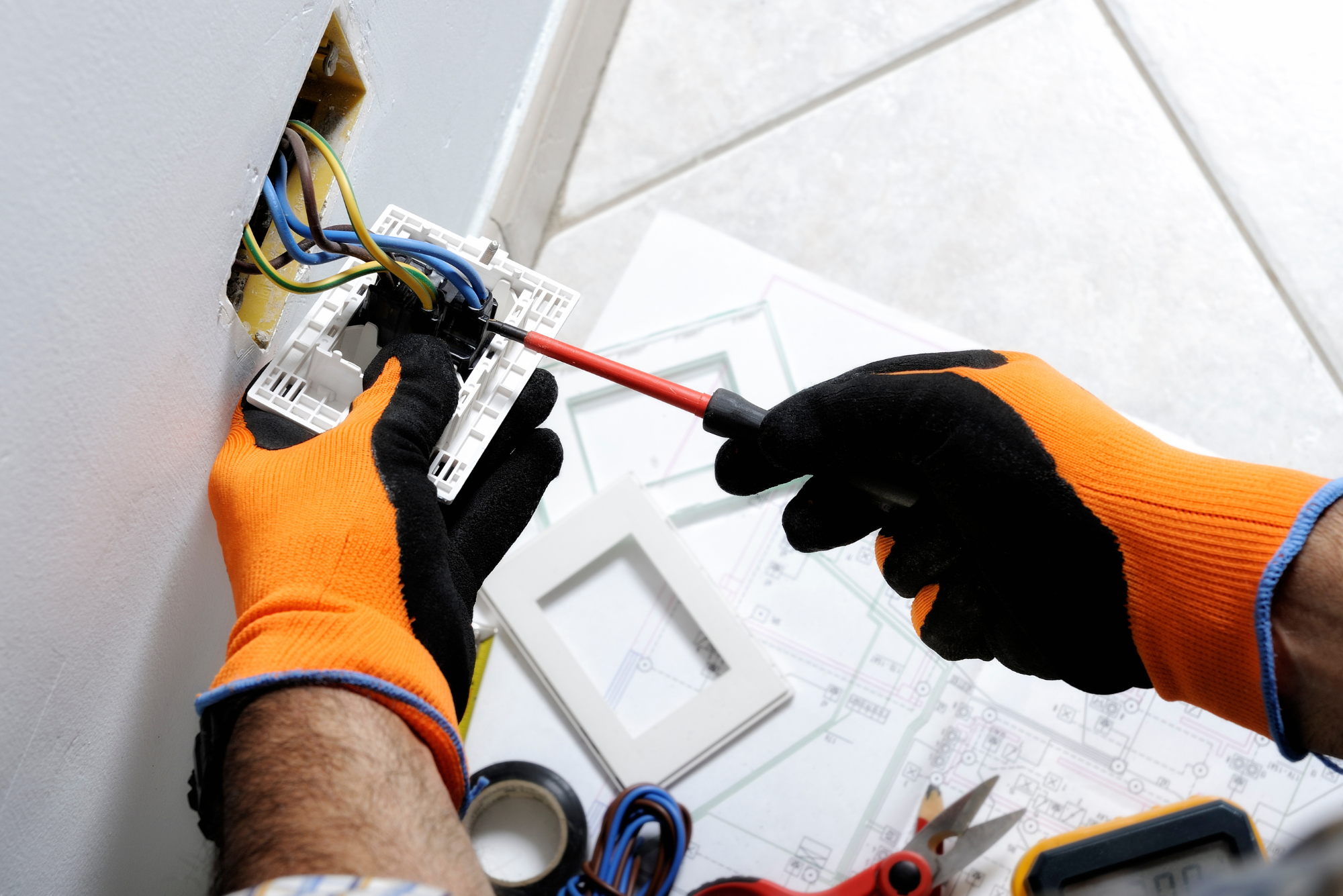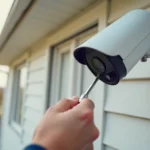In today’s world, where homes and businesses rely on safe and efficient electrical systems, finding the right electrician is crucial. Whether you need assistance with a simple repair, a major installation, or ongoing electrical maintenance services, choosing a skilled professional can make all the difference. In this guide, we will walk you through the essential aspects of hiring an electrician for residential and commercial electrical services, ensuring your projects are completed safely, efficiently, and up to code.
Why Hiring the Right Electrician Matters
Electrical work requires expertise, precision, and adherence to safety standards. A licensed electrician not only ensures that your electrical system is functioning properly but also prevents potential hazards like electrical fires or power outages. For businesses, a reliable commercial electrician can keep operations running smoothly, while homeowners benefit from the peace of mind that comes with safe and effective wiring. Let’s explore the key considerations for hiring the right professional for your needs.
Understanding the Types of Electricians
Residential Electrician
Residential electricians specialize in electrical work for homes. They handle tasks such as wiring new constructions, upgrading electrical panels, installing lighting fixtures, and troubleshooting electrical issues in residential buildings. If you’re a homeowner looking to enhance your residence’s electrical system, a residential electrician is your go-to expert.
Commercial Electrician
Commercial electricians focus on electrical systems in commercial settings, such as office buildings, retail stores, and industrial facilities. Their expertise includes installing three-phase wiring, maintaining machinery, and ensuring the electrical components in commercial buildings adhere to local building codes. If your business requires commercial electrical repair or installation, hiring a licensed commercial electrician is essential.
Industrial Electrician
Industrial electricians work on larger-scale projects involving heavy machinery and automation systems in factories and industrial facilities. Their specialization in high-voltage systems and power generation ensures industrial projects run efficiently and safely.
Key Qualifications to Look for in an Electrician
Proper Licensing and Certification
When hiring an electrician, verify their license to ensure they meet your state’s requirements for working on electrical systems. A licensed electrician has undergone rigorous training and testing to ensure they’re equipped to handle complex electrical tasks. Additionally, look for certifications that indicate specialization in residential or commercial electrical services.
Experience and Knowledge
Experience matters when it comes to electrical work. Electricians with years of hands-on experience bring invaluable knowledge and expertise to the job. For commercial and residential projects, ensure the contractor has completed similar work in the past to guarantee top-notch results.
Insurance and Safety Compliance
Always hire an electrician who carries liability insurance and adheres to safety standards. This protects you from potential liabilities and ensures the work is completed safely and up to code. Understanding the importance of safety in electrical work is non-negotiable.
Services Offered by Residential and Commercial Electricians
Residential Electrical Repair Services
Residential electricians work on a wide range of services, including:
- Wiring and Electrical Installation: Ensuring proper wiring in new constructions or during upgrades.
- Lighting Fixtures: Installing and upgrading indoor and outdoor lighting.
- Electrical Panel Upgrades: Enhancing your home’s capacity to handle modern electrical demands.
- Troubleshooting and Repairs: Fixing issues like faulty breakers or flickering lights.
Industrial and Commercial Electrician Services
Commercial electricians specialize in tasks such as:
- Electrical Maintenance Services: Regular inspections and repairs to keep systems in working order.
- Commercial Electrical Repair: Fixing issues with wiring, lighting, or machinery in office buildings and retail spaces.
- New Installations: Designing and installing electrical systems in new commercial constructions.
- Automation and Power Generation: Implementing energy-efficient solutions for businesses.
The Process of Hiring an Electrician
Step 1: Define Your Needs
Identify whether you need a residential or commercial electrician based on your project’s scope. Clearly outline the tasks, such as repair, installation, or maintenance, to communicate your needs effectively.
Step 2: Research and Compare
Search for licensed electricians in your area and compare their reviews, experience, and services. Ask for references from previous clients to gauge the quality of their work.
Step 3: Verify Credentials
Ensure the electrician holds a valid license, insurance, and any necessary certifications. Ask about their specialization in residential or commercial electrical services to confirm their knowledge and experience makes them suited for your project.
Step 4: Request a Detailed Quote
Before signing a contract, request a written estimate that outlines the costs, timeline, and scope of work. This can also help avoid misunderstandings and ensures transparency, which can be foundational.
FAQ: Common Questions About Hiring Electricians
What does a licensed electrician do?
A licensed electrician performs a variety of tasks, including installing, repairing, and maintaining electrical systems. They ensure all work complies with local building codes and prioritize safety.
How do I know if I need a residential or commercial electrician?
If the project involves a home or residential building, hire a residential electrician. For office buildings, retail spaces, or industrial facilities, a commercial electrician is the right choice.
What qualifications should I look for in a commercial electrician?
Look for a valid license, experience with commercial projects, and knowledge of local electrical codes. Ensure they specialize in commercial electrical services and have references to verify their work.
How often should I schedule electrical maintenance services?
For residential properties, schedule maintenance every 3-5 years or whenever issues arise. For commercial settings, annual inspections are recommended to ensure systems remain in working order.
Can a commercial electrician handle residential projects?
While some commercial electricians may also work on residential projects, it’s best to hire someone who specializes in residential electrical systems for home-related tasks.
Conclusion
Choosing the right electrician for your residential or commercial electrical needs is a critical decision that impacts safety, efficiency, and functionality. By understanding the different types of electricians, verifying their qualifications, and defining your project’s requirements, you can hire a professional who delivers exceptional results. Whether you need wiring for new construction, an upgrade to your electrical panel, or commercial electrical repair, a licensed electrician ensures the job is done correctly and safely.
Ready to take the next step? Contact Super Fast Electric today for top-notch residential and commercial electrical services. Let’s bring your electrical projects to life with expertise, efficiency, and unparalleled professionalism.




